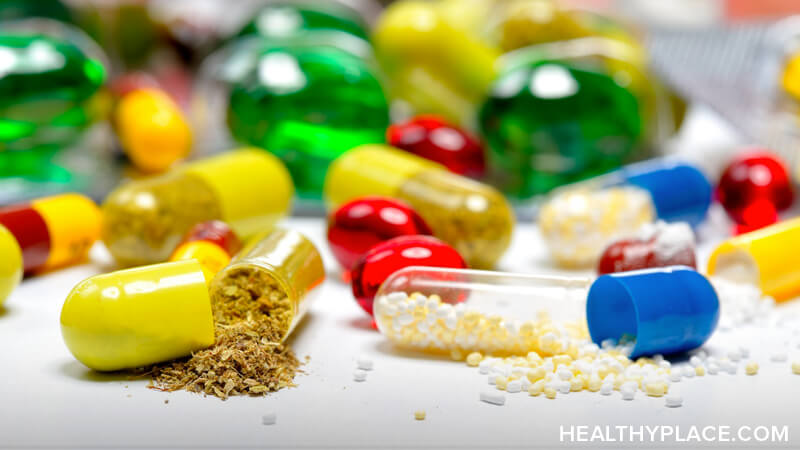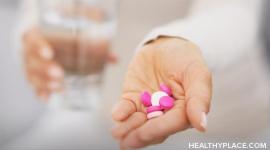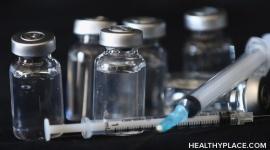Depression Treatment For Hard-to-Treat Depression

Did you know that most people taking antidepressant medication for Major Depressive Disorder (MDD, severe depression) do not get completely better? In this article, we'll focus on:
- What is hard to treat depression?
- Causes of hard to treat depression and why some people don't completely recover after taking an antidepressant medication alone
- Do you have hard to treat depression? Take our depression treatment screening test.
- You've tried at least two different antidepressants and they've failed to completely relieve your depression symptoms. Learn about treatment for hard to treat depression.
Antidepressants and Therapy Aren't Working for My Severe Depression
What is hard to treat depression?
While MDD (major depression) is a highly treatable medical condition, it can take time to find the treatment that is right for you. Hard to treat depression is thought of as MDD which has not responded sufficiently to two or more antidepressant medication trials or therapy. This can mean there was no response to treatment or there was only partial treatment of symptoms. Depression also may be considered hard to treat if depressive symptoms keep reoccurring.
Note: hard to treat depression is not defined in the Diagnostic and Statistic Manual of Mental Disorders (DSM).
Antidepressant Treatment: How many people respond to treatment?
The rate of treatment response to first-line depression treatment with SSRIs is between 40% - 60%, but the rate of complete remission from depression is only 30% - 45%. This indicates that most people do not achieve complete remission from their first SSRI medication. Moreover, 10% - 30% of patients do not respond adequately to antidepressant treatment in general.
APA Reference
Tracy, N.
(2022, January 4). Depression Treatment For Hard-to-Treat Depression, HealthyPlace. Retrieved
on 2026, March 5 from https://www.healthyplace.com/depression/severe-depression-treatment/depression-treatment-for-hard-to-treat-depression


